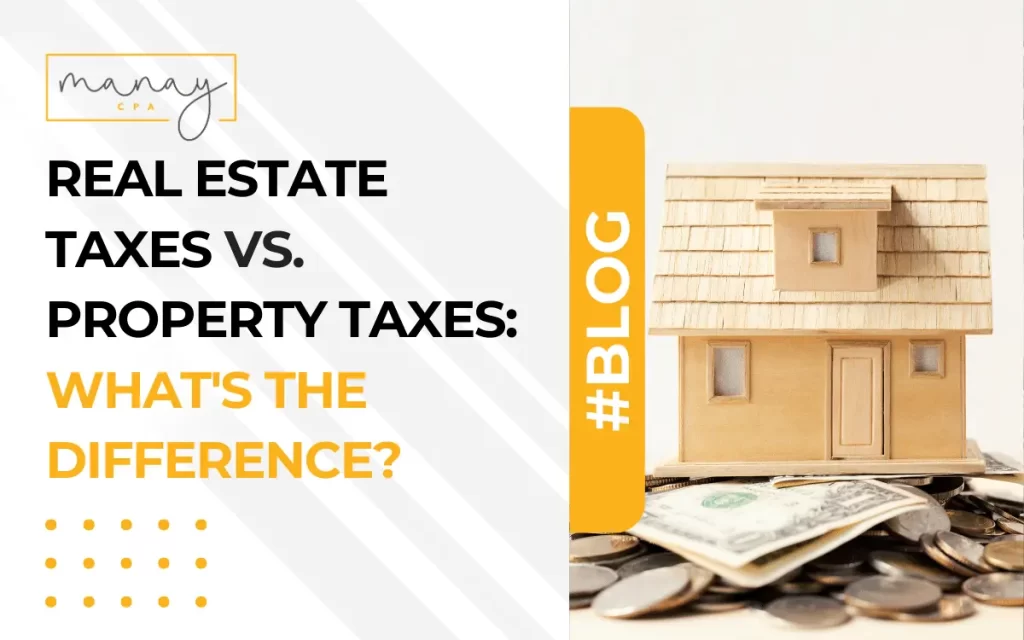
Understanding Property Taxes: What You Need to Know
Picture yourself finally holding the keys to your new home. It’s a moment of pride and joy, but it also marks the start of new responsibilities, one of which is paying property taxes. Just like you pay for utilities and maintenance, property taxes are an ongoing part of homeownership. They often feel confusing and, let’s face it, a bit daunting. But worry not! We will take this seemingly complex topic and make it as easy to understand as your favorite TV show.
What Are Property Taxes?
Simply put, property taxes are the annual fees that property owners pay to local governments. Think of it as your membership fee for living in a community. This money funds vital services that make your neighborhood a better place to live, such as schools, emergency services, parks, and road maintenance.
How Are They Calculated?
Calculating property taxes can seem like a magician’s trick, but it’s actually based on two key factors: the assessed value of your property and the tax rate.
Assessed Value: This is an estimate of your property’s worth, as determined by a local official known as an assessor. They look at various aspects such as size, location, and any improvements you’ve made to the property. The goal is to come up with a fair market value.
Tax Rate: Also known as the “millage rate,” this is a percentage set by your local governments and school boards. One “mill” equals one-tenth of a cent and the rate will vary depending on local funding needs. Combine this rate with your assessed value, and voilà, that’s your property tax.
When Do You Pay Property Taxes?
Timing can differ from one place to another, but typically, property taxes are paid yearly. Some localities even allow you to break the payments into semi-annual or quarterly installments, making it easier to budget.
Why Do Tax Rates Change?
There’s a constant change in communities—new schools are built, roads are repaired, and emergency services are updated. As the needs and expenses of a community change, so too can the tax rate. Local governments adjust rates to ensure they have enough funds to cover these services.
Can You Lower Your Property Taxes?
The good news is yes, sometimes you can! Here’s how:
Homestead Exemptions: Many places offer a homestead exemption, which reduces the assessed value of your property if it’s your primary residence.
Appealing the Assessed Value: If you believe your property’s assessed value is incorrect, you can challenge it. Gather evidence like recent sales of similar homes in your area, and appeal to your local assessor’s office.
Senior Citizen and Disability Exemptions: Seniors and disabled individuals may qualify for additional property tax reductions, so be sure to check with local tax authorities.
What Happens If You Don’t Pay?
Ignore paying property taxes at your peril. Failure to pay can result in fines, interest, and, in extreme cases, the government selling a lien on your property to an investor who can then possibly take ownership.
Special Assessments and Property Tax Limits
Sometimes a community needs a little extra cash for specific projects, and they might issue a special assessment, which is a one-time tax. Additionally, some states have property tax caps or limits to protect homeowners from steep tax increases.
The Impact of Property Taxes on Home Buying and Selling
When buying or selling a home, property taxes are a major consideration. Buyers should factor in these taxes when budgeting for a home, and sellers should understand how taxes might affect the attractiveness of their home to potential buyers.
Keeping Track and Staying Informed
Property tax laws and rates change, so it’s crucial for homeowners to stay informed. Your local tax authority’s website, community meetings, and even newsletters can keep you updated.
The Bottom Line
Property taxes might never be the topic of a fun dinner conversation, but understanding them is important for any homeowner. They’re a way to contribute to and invest in the well-being of the community you call home. By grasping how they work, when they are due, and what you can do to manage them, you’ll be more equipped to handle this aspect of homeownership with confidence.
And remember, if you ever feel overwhelmed, a local tax professional or consultant can offer personalized advice and help simplify the process for you.
There you have it—now you’re no longer in the dark about property taxes. With this new knowledge, you’re ready to handle one of the key responsibilities of being a proud homeowner. Welcome to the club!